 Do Antibiotics Make You Tired? Learn Why & What You Can Do About It
Do Antibiotics Make You Tired? Learn Why & What You Can Do About ItSide effects of amoxicillin We include products that we believe are useful for our readers. If you buy through links on this page, we can win a small commission. Side effects of aoxicillinAmoxicillin is a penicillin antibiotic used to treat bacterial infections, including bronchitis, pneumonia and ear infections, nose, throat, skin, and urinary tract. Although it can be highly effective in treating bacterial infections, it also comes with a list of possible side effects. Among the most common side effects for (Amoxil, Trimox) are: Common side effects include: Diarrhea is loose, watery, and frequent stool. Diarrhea is considered chronic when it has had loose or frequent feces for more than four weeks. Drink plenty of fluid to avoid becoming. Drinking milk or other liquids such as water may be good for mild diarrhea. For moderate and severe diarrhea, [AFFILIATE LINK:] available online and in pharmacies are generally better. Diarrhea is a common side effect of amoxicillin. All antibiotics kill normal bacteria in our guts that disrupt the intestine and can lead to diarrhea. To treat diarrhea caused by amoxicillin, consider a supplement with probiotics and stay hydrated. Diarrhea is typically considered a common side effect, but if it is becoming dehydration or notation of the blood in diarrhea, get professional medical attention immediately. It's pain you feel between your chest and your groin. This is often known as the stomach or belly region. Almost everyone experiences pain in the abdomen at one time or another. Most of the time, it is not caused by a serious medical problem. Stomacal discomfort or nausea is a common side effect of amoxicillin. Less common symptoms include abdominal pain and vomiting. Taking your amoxicillin dose with a meal can help prevent this side effect. To cope with a stomach discomfort, eat bland, easy to digest foods such as soups, cookies and toast. Menta is thought to help alter the symptoms of the stomach. You may take anti-tinausea medication if necessary. If you experience intense or prolonged abdominal pain or see blood in your vomit or feces, seek medical attention immediately. Head pain is pain or discomfort in the head, scalp or neck. The most common headaches are most likely caused by tight muscles, contracted on your shoulders, neck, scalp and jaw. Headaches are a common side effect of taking amoxicillin, and although less severe, are a frequent occurrence. Taking your doses with food and drinking a proper amount of water can help prevent headaches caused by amoxicillin. Headache and migraine medications, including and , can help relieve headaches caused by amoxicillin. Doctors know that antibiotics like amoxicillin can cause taste disorders. Sometimes a person can find metal-flavored food when he is taking amoxicillin. One possible reason is that the medication may affect how well the body absorbs mineral zinc. A zinc deficiency can cause a bad or a metallic taste in the mouth. Other people may find that they are more sensitive to extremely sweet or salty tastes when they are taking amoxicillin. A person can also be dehydrated if he has fever while taking antibiotics. Dry mouth can also affect a person's tasteful feelings. Most of the time, these side effects disappear when you stop taking amoxicillin. Drinking more water to stay hydrated can help. If you're having trouble eating something because of rare flavors, talk to your doctor. Skin rashes when taking amoxicillin can be common, especially in children. According to , an estimate of 5 to 10 percent of children taking amoxicillin will experience a skin rash. Sometimes it is difficult to know if the rash is due to an allergy or not. Most people notice a skin rash while taking amoxicillin after taking it for three to five days. Eruption can have small flat red patches or raised unequally spaced in the skin. Sometimes it's itching and usually start in the chest, stomach, or back. The eruption of amoxicillin is different from an allergic or hive reaction. Hives are raised, itching, flashes that usually occur within hours after taking the medication. A person may also have symptoms such as shortness of breath or swallowing. If a person has a true allergic reaction to amoxicillin, he or she must seek emergency medical care if they have trouble breathing. If you can take an antihistamine like diphenhydramine (Benadryl), you can help itching. They should call your doctor and ask for a prescription for another antibiotic "family" if they are truly allergic. If rash is not an allergy, it should disappear after a few days. Some people can apply an anti-point cream. amoxicillin works well because it can prevent bacteria from growing. Unfortunately, sometimes that extends to "healthy" bacteria that keep pH balance in the vagina. As a result, a person's vaginal pH can become more basic, yeast can thrive, and a yeast infection can result. Signs of a yeast infection include itching, redness, and home cheese discharge. Free sale medications are available to treat yeast infections. If you are not sure if it is a yeast infection or other type of infection, you should talk to your doctor. A doctor may also prescribe stronger medications to treat a yeast infection that does not improve after a few days of free sale treatment. Allergic reactions Allergies are usually not the reason for a negative reaction to a medication. In fact, allergic reactions are a rare occurrence. Although it may seem like an allergic reaction, it is really a nonallergic adverse reaction. Mild allergic reactions include itching and hive. Mild allergic reactions are not too worrying for themselves, but they should be observed in case the symptoms get worse. Mild symptoms can be treated with antihistamines and hydrocortisone. The swelling of the face, lips, tongue, and lack of breath are signs of a severe allergic reaction. If you experience a severe allergic reaction, seek medical attention immediately. If an allergic reaction occurs, monitor the spread of the rash or redness. amoxicillin can cause delayed allergic reactions even after you have stopped taking it. Respiratory problems Respiratory difficulty implies a feeling of difficulty or uncomfortable breathing or a feeling of not having enough air. In some circumstances, a small degree of shortness of breathing may be normal. Serious nasal congestion is an example. Intense exercise, especially when not regularly exercised, is another example. If you have difficulty breathing, you may be experiencing an allergic reaction to amoxicillin. If you are experiencing mild respiratory problems, you may try to relieve breathing by doing the following: If you are allergic to amoxicillin or , tell your doctor so that another medication may be prescribed to prevent this reaction. If breathing becomes more and more difficult, contact your doctor immediately. If you have swelling of your lips, face, mouth, or throat, and difficulty breathing call 911 or go to the emergency room. Ampoules and other skin problems Ampoules are small, elevated lesions where the fluid has been collected under the skin. They can be caused by an allergic reaction, burns, bleeding, or excessive friction or skin trauma. Ampoules can also be a symptom of a systemic disease, or a specific skin disorder. This side effect is a weird thing, but serious when it happens. If you experience redness, blisters, or peeled or loosen your skin after taking amoxicillin, contact your doctor immediately. Home treatments can be used to administer mild and non-plucking rashes that are not severe. Treatment includes or , , and drink plenty of water. If the skin starts to shine, peel or loosen, however, seek medical attention immediately. To prevent severe skin irritations, do not take amoxicillin if it is allergic to penicillin. Dizziness The dizziness occurs when you feel dizzy, as if you could faint, be unstable, or experience a loss of balance or (a feeling that you or the room is spinning or moving). Most of the causes of dizziness are not serious and are quickly improved by themselves or easily treated. Tell your doctor all the medications you are currently taking before you are prescribed amoxicillin. To prevent dizziness, avoid drinking alcohol when you are in amoxicillin. Avoid driving until you know how amoxicillin will affect you. If you get dizzy, sit down for a moment and see if it happens. Keep your head up with a pillow if you lie down. The dizziness can be a symptom of or an allergic reaction. If the dizziness is severe or combined with symptoms such as lack of breath or swelling of the lips, face or tongue, a severe allergic reaction may be present. Get immediate medical attention. Sleep problems Difficulty sleeping, called, may involve difficulty sleeping when you go to bed at night, wake up too early in the morning, and wake up often during the night. Everyone has an occasional sleepless night, and this is not a problem for most people. However, as many as Americans experience a year of acute insomnia, and insomnia is a chronic problem for many people. Seizures A seizure is a sudden change in behavior characterized by changes in sensory perception (feeling of feeling) or motor activity (movement) due to an abnormal shot of nerve cells in the brain. is a condition characterized by recurrent seizures that may include repetitive muscle masturbation called seizures. If you are experiencing this side effect, contact your doctor as soon as possible. Dark urineThe normal urine is usually a pale yellow color or straw. When the color of the urine is removed from this color, it is considered abnormal. The abnormally colored urine can be clouded, dark or blood-spiced. Any change in the color of the urine, or the presence of an abnormal urine color that cannot be related to the consumption of a food or medicine, should be reported to your doctor. This is particularly important if it happens for more than one day or two, or you have repeated episodes. Dark urine can be caused by amoxicillin due to changes in the function of blood, liver, and/or kidney. Kidney toxicity is rare (acting in approximately patients), but when it occurs, it can be serious. People at risk of kidney complications in particular should not use amoxicillin to prevent this side effect and potential kidney damage. Your doctor may prescribe another type of antibiotic. If you are prescribed amoxicillin, be sure to take only the prescribed dose within the amount of time your doctor suggests. It is also important to drink the recommended water requirement. Dark urine is a severe side effect of amoxicillin. Talk to your doctor if you experience changes in your urine. Difficulty urinating Painful urination describes any pain, discomfort or burning sensation during urination. Pain during urination is a fairly common problem. It is more often caused by an urinary tract infection. Maxicillin can cause crystal formation in the urine. These crystals are directly linked to amoxicillin and seem very different from the crystals found in the urine. It can also occur in rare cases where the kidney is negatively impacted. To prevent this, never take more of your prescribed dose and drink plenty of water. If you are experiencing a slight discomfort when you urinate, drink water and reduce the amount of protein in your diet. Painful urination can also indicate kidney failure or damage. Contact your doctor immediately if you are experiencing this. Unusually weak or tired Fatigue is a sense of tiredness, fatigue or lack of energy. Fatigue is different from . Generally, drowsiness feels the need to sleep, while fatigue is a lack of energy and motivation. Somnolence and (a feeling of indifference or not worrying about what happens) may be symptoms that go along with fatigue. If your fatigue falls under the category of "excessive fatigue", this is a serious side effect. It is rare, but you should still consult your doctor immediately. This can happen when the nervous system is affected. If you're tired, take a while to rest, take things easy and sleep long enough. Try to reduce stress. By taking amoxicillin to fight an infection, it is normal to feel tired. However, if you are overly tired to the point of feeling weak, weak or struggling to stay awake, get medical attention. Unusual hemorrhagia or hematoma Bleeding under the skin may occur from broken blood vessels that form small red dots (called ). Blood can also collect under the tissue in larger flat areas (called ), or in an area with very large bruises (called ). amoxicillin can increase the risk of bleeding. If you are experiencing unusual bleeding or bruising, consult a doctor immediately. Internal bleeding may occur, which may lead to bleeding in the digestive system, or, in rare cases, the brain. To avoid it, make sure your doctor knows if you are in blood thinners or in blood thinning before you start taking amoxicillin. If you experience this side effect of amoxicillin, it is considered a rare but serious side effect. Get medical care as soon as possible. Yellow eye or skin jawsThe jaundice is a yellow color in the skin, mucous membranes or eyes. The yellow pigment is bilirubin, a by-product of old red blood cells. If you've ever had a bruise, you may have noticed that the skin went through a series of color changes while it was healed. When you saw yellow in the bruise, you were seeing bilirubin. This effect, and liver damage or injury, can also be caused by amoxicillin. Hepatic injury can even occur after the doses of amoxicillin have stopped. This is more likely to happen when you take amoxicillin with clavulanate. Recognizing early symptoms such as fatigue, lack of appetite and vomiting can help prevent jaundice from getting worse. Talk to your doctor if you experience any of these symptoms. Before taking amoxicillin, tell your doctor if you have or have ever had liver damage. This list cannot describe all the potential side effects of amoxicillin. If you are experiencing any adverse effects of any medication that is not listed here, call your doctor to advise you. Last medical review on April 3, 2019Read this following
Do antibiotics cause fatigue? The use of antibiotics dates centuries ago, all the way back to his discovery in 1928 by Sir Alexander Fleming. Although accidental, the exposed use of the Penicillium notatum fungus becomes the famous antibiotic known as penicillin. Since then, the medicine has treated a diverse burden of infections, offering individuals even another chance of life. But do antibiotics come with sleepy side effects? What are antibiotics? What are antibiotics? What are antibiotics? Stealing from the two Greek words anti ("against") and bios ("life") together with the two is defined of their function: fighting against bacterial forms of life. But more specifically, antibiotics are prescription drugs to minimize and remove bacteria linked to a wide variety of health conditions or even food-borne diseases. Specific bacteria can cause a plethora of infections, including ear, skin, respiratory tract, and urinary tract, along with infected wounds. They are also used to treat or prevent infections that may arise during surgical or medical procedures. Antibiotics can be broken down in broad spectrum and types of narrow-spectrum antibiotics, mainly dependent on the ranges and variations affecting bacteria. For example, some antibiotics (such as penicillin) destroy the walls of bacterial cells while other types can manipulate their functionality. But despite its treatment modality, it is suggested that antibiotics come with , including fatigue. Do antibiotics make you tired? Do antibiotics make you tired? Simply answered, antibiotics can cause fatigue. In fact, some recipes such as Amoxicillin are suggested to cause "undue fatigue" and "falta of energy" while other antibiotics, including azithromycin, can also cause lethargy. But in spite of the suggestive mechanisms that lead to symptoms of fatigue, signs of speculation to the primary purpose of antibiotics – killing bacteria. The experts speculate antibiotics not only remove harmful bacteria, but eliminate the good they offer great benefits for immune and digestive health. When useful bacteria are absent, the body can get fatigued, along with the cause of diarrhea. Other side effects of antibiotics vary from mild to more severe and may include soft feces or diarrhea (potentially watery with abdominal cramps), an annoying stomach, vomiting, white tongue patches, or itching or vaginal discharge. Some individuals may even experience a severe allergy to antibiotics with symptoms characterized by shortness of breath, rash, hive, itching, fainting, and swelling of the lips, face, or tongue. Immediate attention should be sought if they experience such severe side effects, as an allergic reaction may be life-threatening. Everything... everything... everything... Antibiotics can cause feelings of fatigue and fatigue, although an individual's response to antibiotics or any type of medication is personal, which means that not all experience even side effects. However, especially in older people, it can not only be caused by the antibiotic, but rather a collection of other factors, including various medicines and extra causes of poor sleep patterns. Although antibiotics often have the common side effect of fatigue, several other medications also. And if a vast assortment of medicines is prescribed to treat various evils, fatigue may arise on the basis of another recipe or synergistic cultivation of all of them. Other common recipes that can lead to tiredness including anti-anxiety and anti-left, antihistamine, antidepressants and diuretics. Even in the absence of medication, feelings of fatigue and loss of energy tend to elevate the higher population from various causes. For example, age-related brain conditions, including Alzheimer's disease and dementia, have proven to disrupt sleep cycles, largely related to altered brain chemists. Other causes of poor sleep patterns include too much caffeine or even boredom. If you notice that your loved one may be experiencing debilitating day fatigue, it is imperative to seek professional attention. A doctor's experience can help determine the underlying cause of fatigue, whether related to antibiotics, and offer a treatment plan to optimize energy levels.
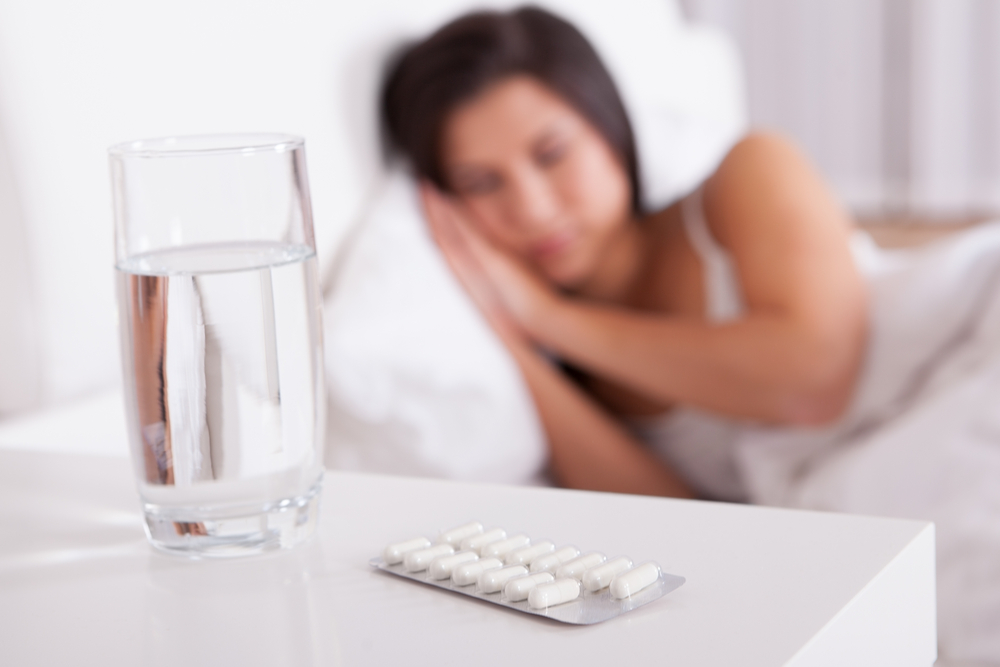
Do Antibiotics Cause Fatigue? | Silver Cuisine Blog
Do Antibiotics Make You Tired & Sleepy? - Careasone Blog
Can Antibiotics Make You Feel Fatigued? | HowStuffWorks
Do Antibiotics Make You Tired? Learn Why & What You Can Do About It
Do Antibiotics Make You Tired? - Creatives-Health:max_bytes(150000):strip_icc()/difference-between-amoxicillin-and-augmentin-4115052-01-5c92afbb46e0fb0001376e81.png)
What Is the Difference Between Amoxicillin and Augmentin?
Do Antibiotics Make You Tired? Learn Why & What You Can Do About It
Do Antibiotics Make You Tired & Sleepy? - Careasone Blog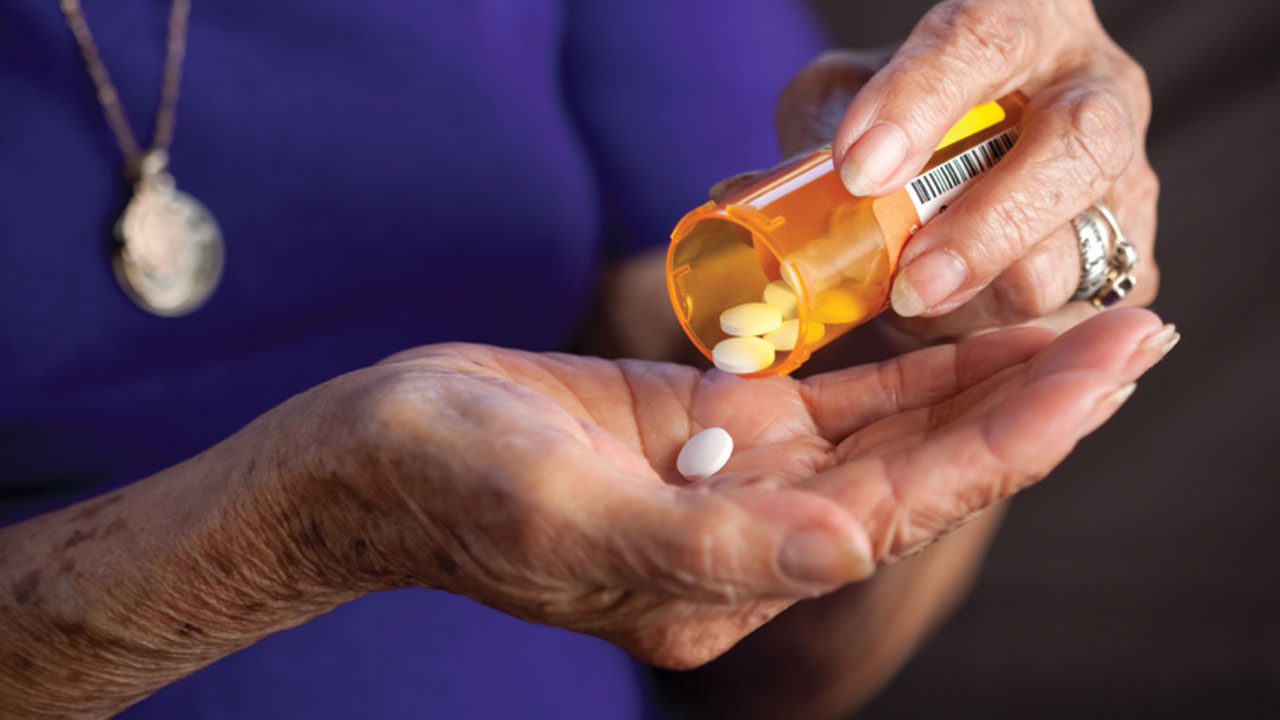
Antibiotic side effects: Do antibiotics cause fatigue and lethargy? - AgingCare.com
Do Antibiotics Make You Tired? Learn Why & What You Can Do About It
Do Antibiotics Make You Tired? - PlushCare
Do Antibiotics Make You Tired? - PlushCare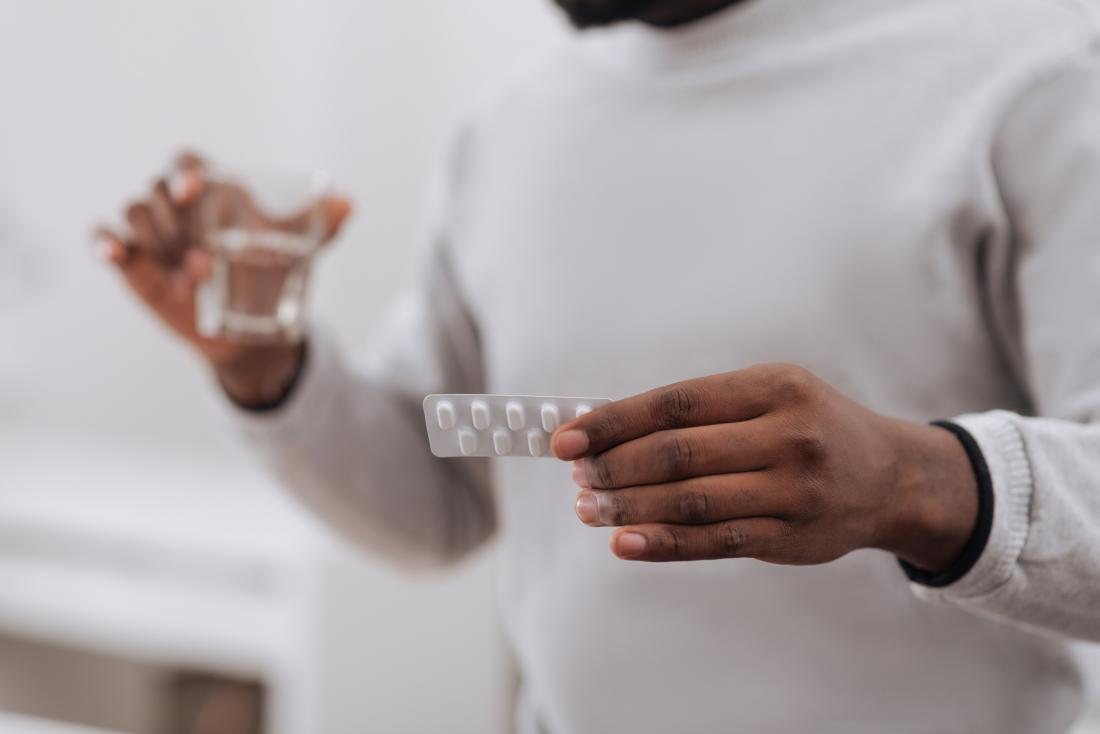
What to eat on antibiotics: During and after treatment
Do Antibiotics Make You Tired? Learn Why & What You Can Do About It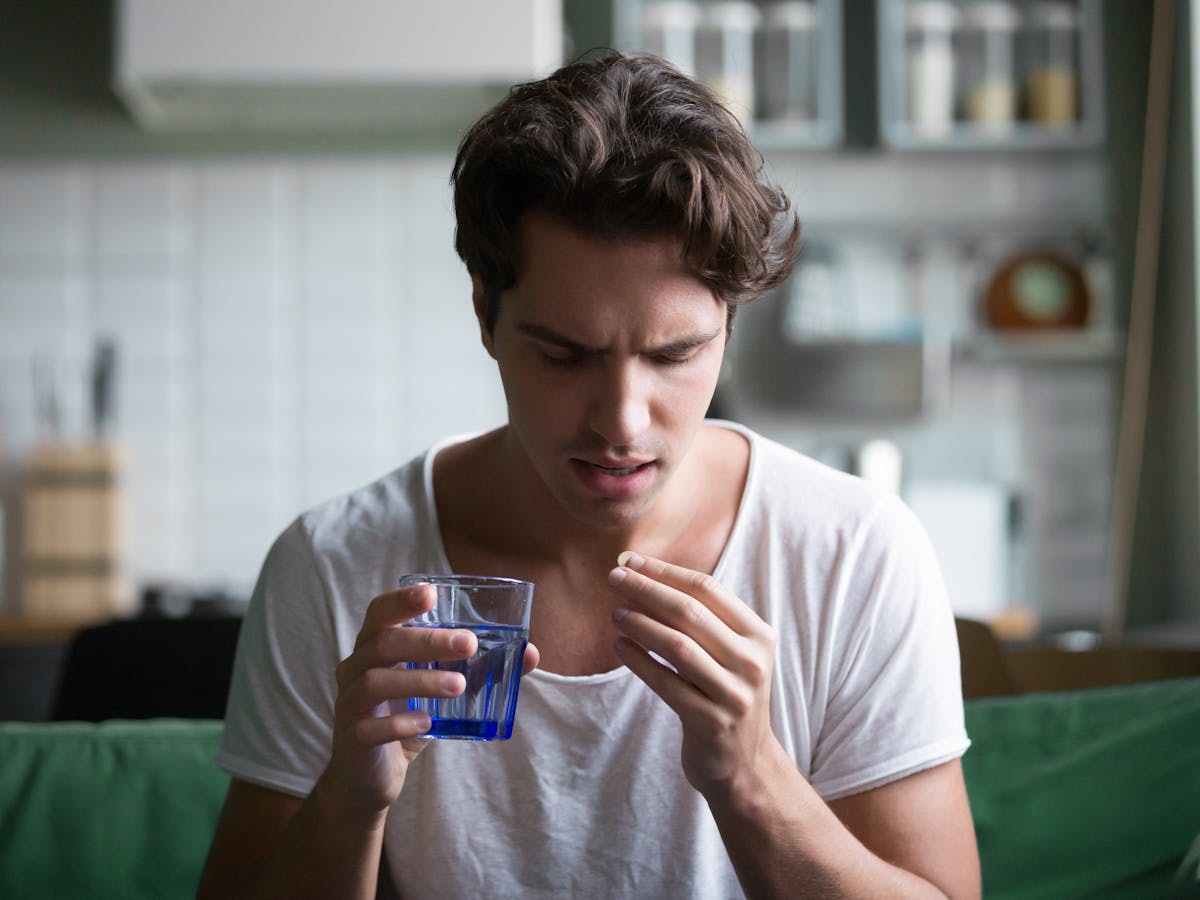
Health Check: I'm taking antibiotics – when will they start working?:max_bytes(150000):strip_icc()/natural-ways-to-reduce-antibiotic-side-effects-89880_final-89d48a953a96442aa6fb4babf468591b.jpg)
3 Natural Ways to Reduce Antibiotic Side Effects
How Long Does It Take For Gut Flora To Restore After Antibiotics? - Healthpath
Do Antibiotics Make You Tired? Learn Why & What You Can Do About It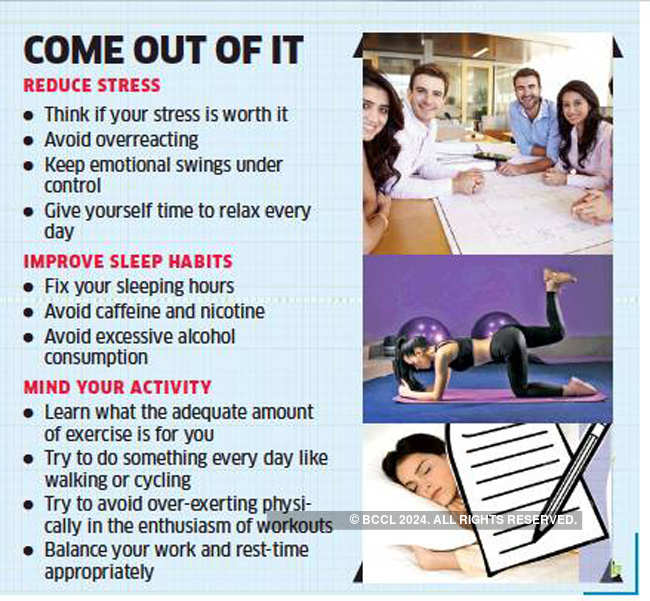
Tired all the time? It could be because of infections and inflammatory diseases - The Economic Times
Can antibiotics make you tired – Wild Woods Music & Arts Festival
Can antibiotics make you feel fatigued? | Antibiotic, How are you feeling, Medical
How to protect body's powerhouse ? Can antibiotics make you tired and fat? Part 1 | BusySuperhuman
How to Prevent Diarrhea While You Take Antibiotics – Health Essentials from Cleveland Clinic
How to protect body's powerhouse ? Can antibiotics make you tired and fat? Part 1 | BusySuperhuman
Is it normal to feel really tired after stopping antibiotics? - Quora/cdn.cliqueinc.com__cache__posts__247972__antibiotics-and-weight-gain-heres-what-you-need-to-know-2598787.700x0c-3df21046b0864ab3b415004ae8e83f57.jpg)
Antibiotics and Weight Gain: What You Need to Know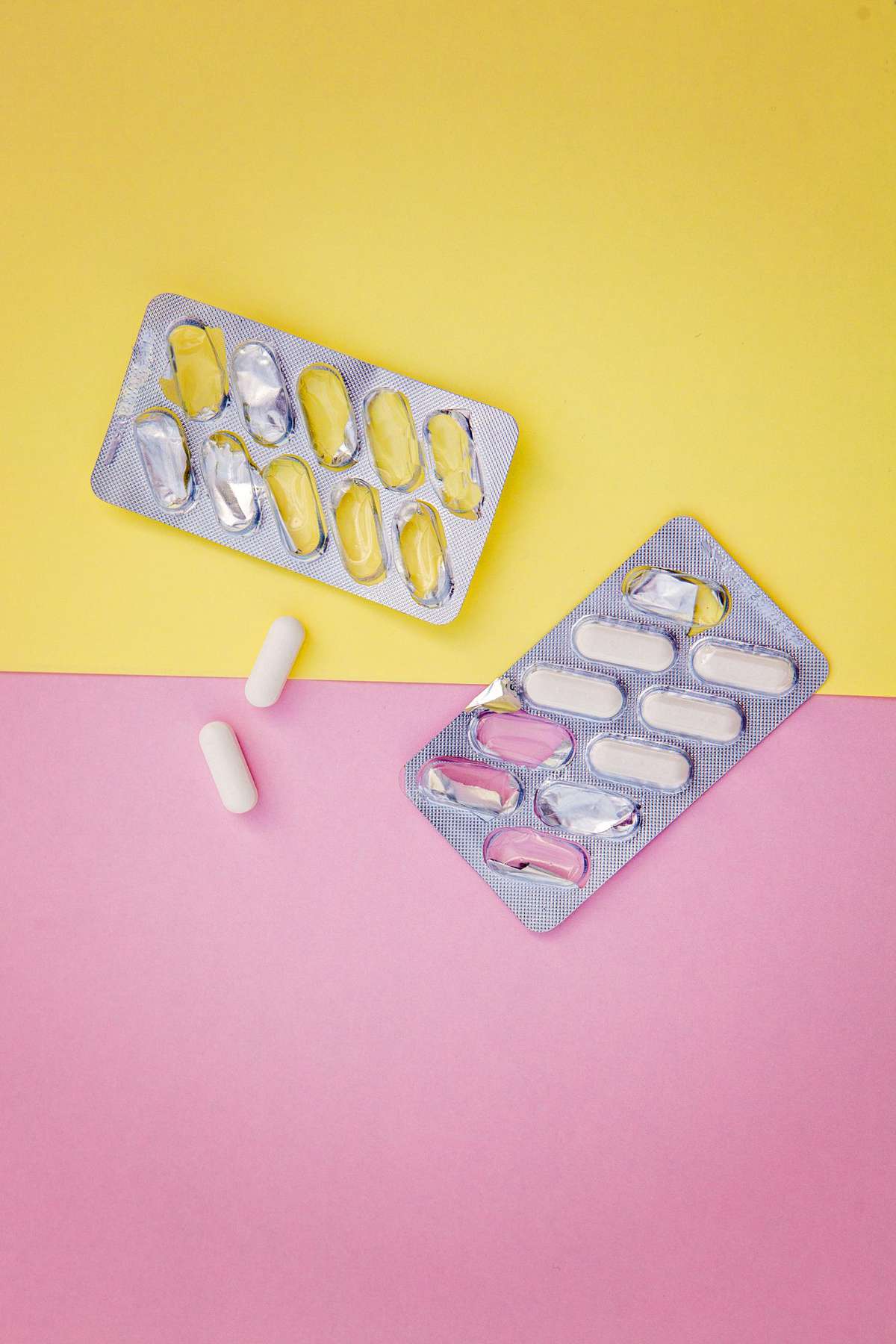
Side Effects of Antibiotics | Health.com
When do you really need antibiotics for that sinus infection? - Harvard Health Blog - Harvard Health Publishing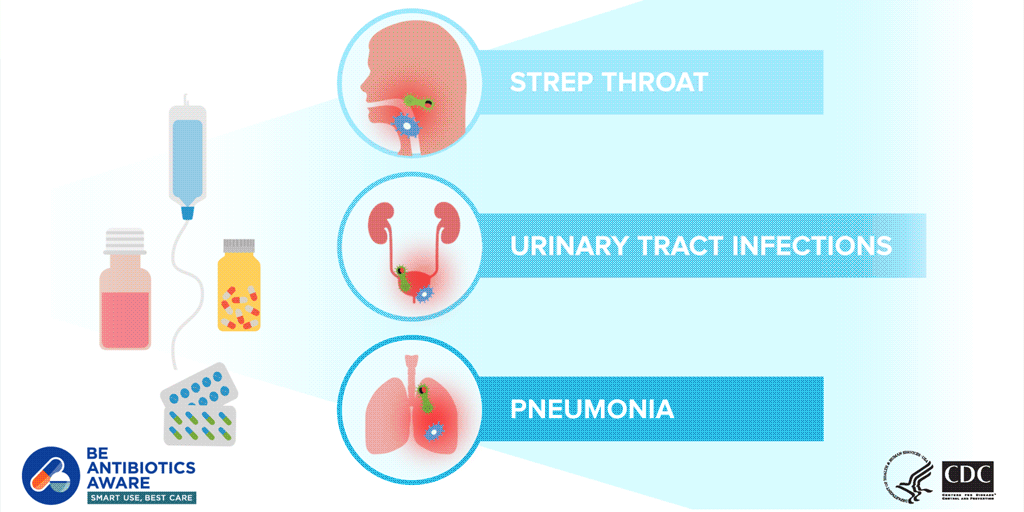
Chest Cold (Acute Bronchitis) | Community | Antibiotic Use | CDC
When antibiotics turn toxic
Keflex Iv Antibiotic Amoxicillin Cost amoxicillin rash on baby face 400 mg amoxicillin can it make you tired amoxil how long to take can you mix amoxicillin. - ppt download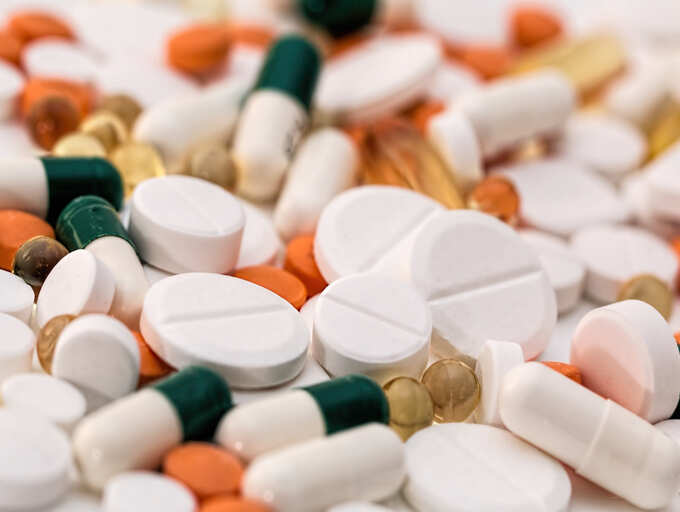
What should you eat and avoid while taking antibiotics | The Times of India
Side Effects of Antibiotics | Health.com
Do Antibiotics Make You Tired? - PlushCare
Antibiotics for Acne: How Much Is Too Much? – Health Essentials from Cleveland Clinic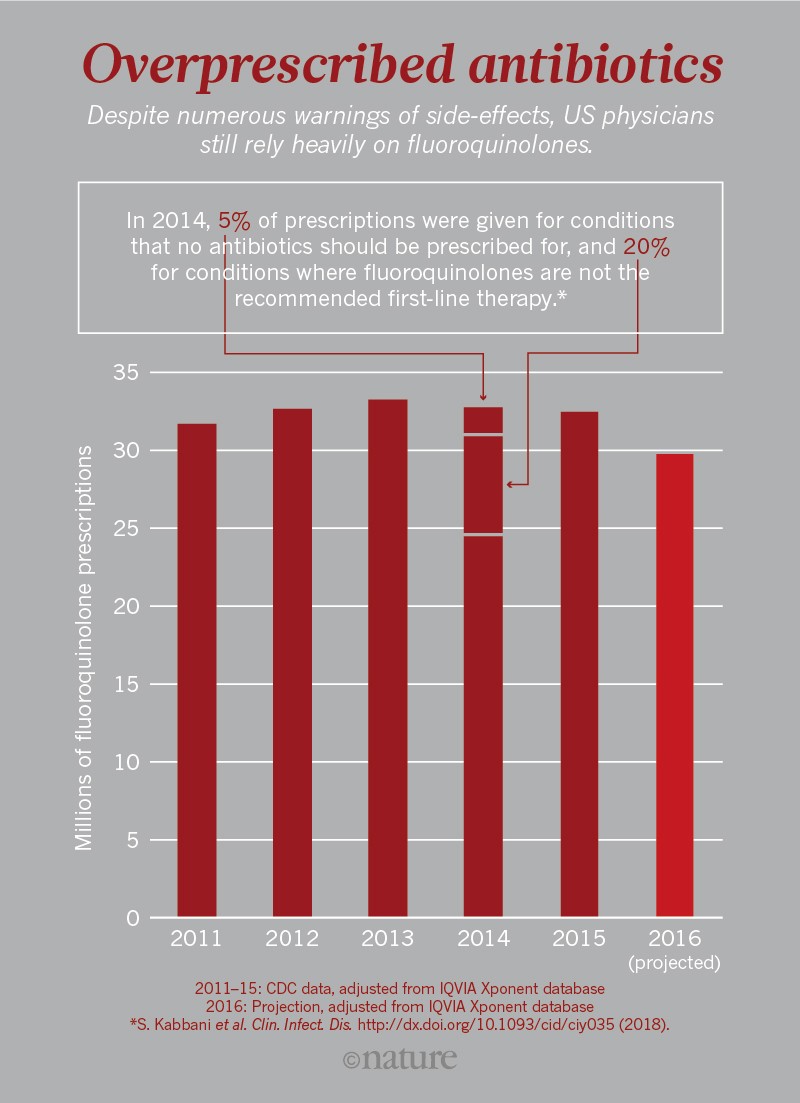
When antibiotics turn toxic
Antibiotics And Tiredness , Causes of Fatigue
Do Antibiotics Cause Fatigue? | Silver Cuisine Blog
5 Unintended Consequences of Overusing Antibiotics
 Do Antibiotics Make You Tired? Learn Why & What You Can Do About It
Do Antibiotics Make You Tired? Learn Why & What You Can Do About It




:max_bytes(150000):strip_icc()/difference-between-amoxicillin-and-augmentin-4115052-01-5c92afbb46e0fb0001376e81.png)









:max_bytes(150000):strip_icc()/natural-ways-to-reduce-antibiotic-side-effects-89880_final-89d48a953a96442aa6fb4babf468591b.jpg)






/cdn.cliqueinc.com__cache__posts__247972__antibiotics-and-weight-gain-heres-what-you-need-to-know-2598787.700x0c-3df21046b0864ab3b415004ae8e83f57.jpg)












Posting Komentar untuk "do antibiotics make you tired"